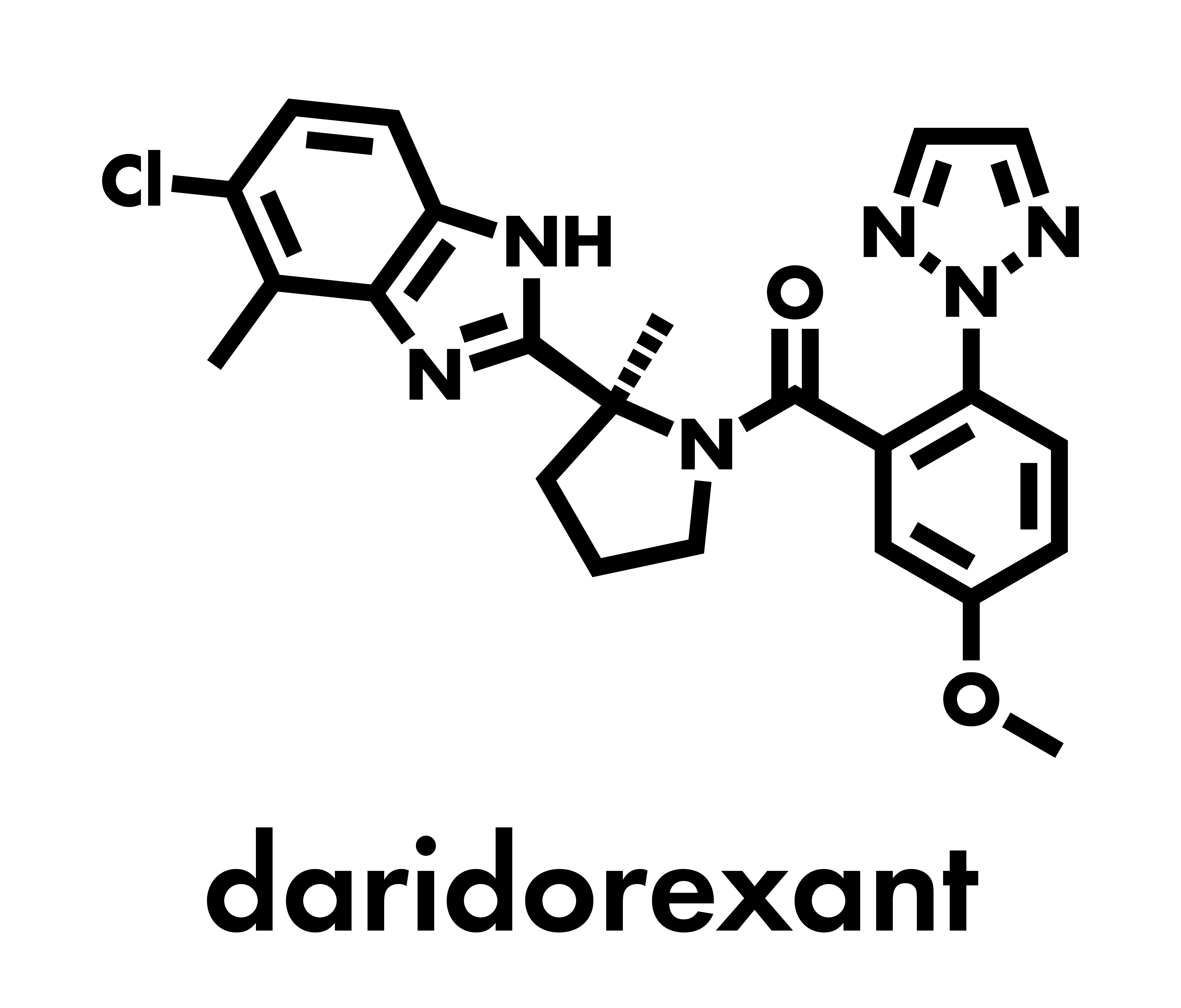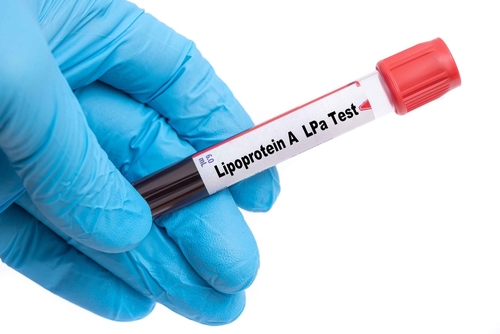
In two phase III trials, researchers led by Dieter Kunz and Yves Dauvilliers found that daridorexant, a dual orexin receptor antagonist, improved sleep and daytime functioning with a favorable safety profile in patients with insomnia disorder. In a 40-week extension, the team evaluated the safety and tolerability of daridorexant in the long-term.
The extended follow-up study, published in CNS Drugs, reported that daridorexant was generally safe and well tolerated in up to 12 months of treatment. The researchers suggested that the improvements in daytime and sleep functioning observed with daridorexant at a dose of 50 mg support its use for long-term treatment of insomnia.
A total of 804 patients who completed either 12-week study enrolled in the extension study. Of these, 801 received at least one dose and 550 (68.4%) completed the study. Participants who were previously randomized to daridorexant continued on their prior dosage, while participants who were randomized to placebo were rerandomized to daridorexant 25 mg or a placebo.
Long-Term Daridorexant Safely Improves Insomnia Disorder
According to the authors, the overall incidence of treatment-emergent adverse events was similar between groups at roughly 35-40%. Of note, daridorexant did not cause next-morning sleepiness, withdrawal-related symptoms, or rebound after discontinuation.
Improvements in sleep and daytime functioning were sustained until the end of the study, with the most significant improvements observed in the daridorexant 50 mg group. These participants self-reported increased total sleep time by a least-squares mean of 20.4 (95% CI, 4.2-36.5), 15.8 (95% CI, -0.8 to 32.5), and 17.8 (95% CI, -0.4 to 35.9) at weeks 12, 24, and 36 when compared with the placebo group.
At the same time points, researchers observed improvements in Insomnia Daytime Symptoms and Impacts Questionnaire scores by a least-squares mean of -9.3 (95% CI -15.1 to -3.6), -9.5 (95% CI -15.4 to -3.5), and -9.1 (95% CI, -15.6 to -2.7), respectively, with daridorexant.
Overall, the results “suggest that the sustained efficacy in improving night-time and daytime symptoms of insomnia, with no evidence of tolerance or dependency, supports the use of daridorexant 50 mg for the long-term treatment of insomnia disorder in adults,” the authors ended.
Read More: Zopiclone for Insomnia in Patients With Advanced Cancer







 © 2025 Mashup Media, LLC, a Formedics Property. All Rights Reserved.
© 2025 Mashup Media, LLC, a Formedics Property. All Rights Reserved.